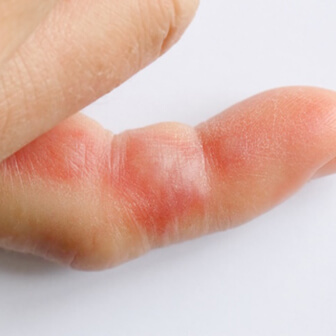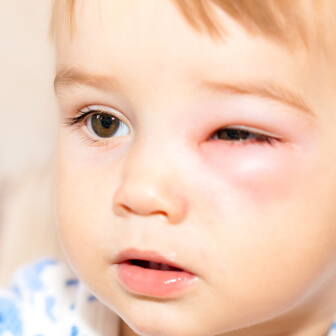- Call Us FreePress To Call Us
- 0800 046 3473 | 01727 789571
It’s totally natural to be frightened of wasps. From childhood we’re taught to fear these buzzing fliers. And wasp stings do hurt and can be very distressing, especially for young children.
Did you know that you will never get stung by a male wasp? Only the females sting. If only it was easy to tell the difference between the two at first glance.
Wasps are unpredictable creatures. Aggressive, repeated stingers who will protect their territory. In spring, wasps hunt insects to feed the grubs in their nest. They’ll only become aggressive if there’s a threat to their nest or young. Come late summer and autumn, wasps have no young to feed so they seek out sweet things. If you’re eating or drinking outdoors, chances are they’ll want a share.

Keep calm when wasps are about. Don’t shout or swat or flap. This will make them more aggressive. Just move slowly away.
Avoid wearing strong perfumes or after shave. Wasps love strong sweet smells. Obviously you can’t give up on deodorant in summer. But don’t use highly perfumed fragrances, shampoos or hairsprays.
Avoid wearing bright colours, especially flowery patterns. Wasps are more likely to take an interest in you if you are.
Avoid orchards or anywhere with soft fruit plants. Wasps love them.
Don’t leave bins uncovered.
Keep all food and drink covered when eating outside. No one wants wasp on the menu during a picnic or barbecue.
Stay clean. Anything sticky will attract wasps, so ensure children’s faces and hands stay clean, especially after eating sweet things.
wasp sting is alkaline and contains between 5 and 50 micrograms of fluid which is injected under the skin and spreads into the tissue.
Wasp and hornet stings can be very painful and for some life-threatening. There’s no anti-venom available. But most stings can be handled using simple first aid techniques.
Allergic reactions to wasp stings are thankfully rare but should be treated as a medical emergency. People who’ve been stung several times before are likely to be sensitised and suffer more severe reactions to stings.
Here’s our step-by-step guide to what to do when you or someone else is stung by a wasp:
 1. Remove the stinger from the body. This is best done with tweezers or a fingernail.
1. Remove the stinger from the body. This is best done with tweezers or a fingernail.
Be careful not to break the sting while removing it.
2. Don’t rub or squeeze the affected area. This will cause the venom to spread beneath the skin.
3. Clean the affected area. Use antiseptic handwash before applying an antiseptic cream.
4. Place something cold over the area. Ice cubes wrapped in a towel is ideal.
5. Consider taking an Ibuprofen to help reduce the throbbing pain that usually accompanies a sting.
7. Take an antihistamine tablet for extra protection, especially if the sting is itchy.
Symptoms should subside in a couple of days.